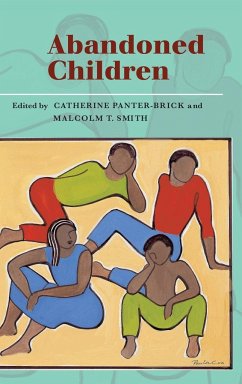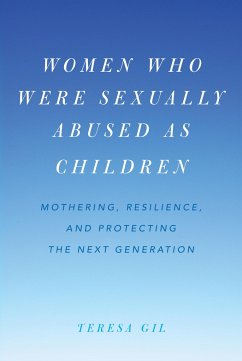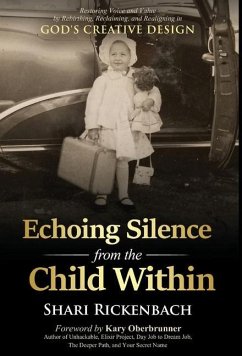
Abandoned Children

PAYBACK Punkte
26 °P sammeln!
The situation of children abandoned by adults, in foundling homes, sleeping rough in the streets, in refugee camps, and in other circumstances, attracts much political and journalistic attention, but surprisingly little from social scientists. As the editors of this volume point out, there is therefore not enough said about the varieties of experiences summarised as 'abandonment'. Nor has enough effort been put into studying the perspectives of children themselves on their situation. Situating the discourse on child abandonment in the more general field of debate on children, both historical a...
The situation of children abandoned by adults, in foundling homes, sleeping rough in the streets, in refugee camps, and in other circumstances, attracts much political and journalistic attention, but surprisingly little from social scientists. As the editors of this volume point out, there is therefore not enough said about the varieties of experiences summarised as 'abandonment'. Nor has enough effort been put into studying the perspectives of children themselves on their situation. Situating the discourse on child abandonment in the more general field of debate on children, both historical and ethnographic, this book attempts to show that the presentations of 'abandoned' children tend to take for granted ethnocentric ideas about what children can and should do, and about what their relationship should be with adults. The range of historical and ethnographic case studies, over a variety of situations, illustrate the need to contextualise their position in particular cultural situations.














